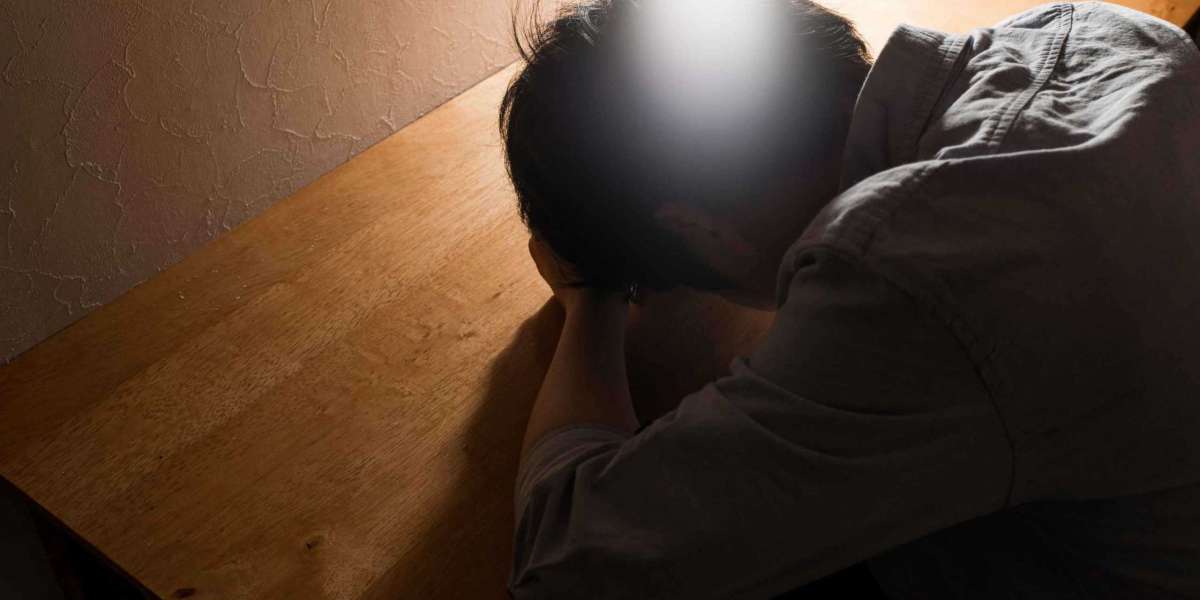Depression is a serious illness that can be treated with medication, psychotherapy or a combination of both. Usually, most people feel better after treatment.
It’s important to see a doctor and seek help for depression as soon as it starts. This is especially true for children and teenagers.
Symptoms
Depression is a serious medical condition that affects how you feel and think. It can also have negative effects on your physical health and relationships.
It may last for weeks or months, or even years. It can cause significant distress and lead to feelings of hopelessness, helplessness and guilt.
The symptoms of depression differ from person to person. However, they all share some common features.
If you or someone you know is feeling depressed, see a GP for diagnosis.
There are many causes of depression, including hormone changes after pregnancy or menopause, a loss of job or income, and other major life events. Brain chemistry, such as your neurotransmitters, may also be involved in the development of depression.
Taking care of yourself and keeping your stress levels down can help prevent depression. This includes getting enough sleep, exercising regularly, avoiding caffeine, eating a healthy diet and practicing mindfulness and other mental health techniques.
Causes
Depression can develop for many reasons, including biological processes, psychological factors and major events in a person's life. It is more common in women and the elderly, but can also occur during pregnancy and after birth (postpartum).
There is no clear cause of depression; scientists think that several factors may be involved. These include faulty mood regulation in the brain, genetic vulnerability, and stressful life events.
Having a family history of depression suggests that there is a small genetic link, but not a direct connection between one gene and depression. Multiple genes interact with each other in special ways to contribute small effects to depression when they are combined with a person's environment.
Depression is often treatable with psychotherapy, such as one-to-one counseling and group therapy. Antidepressants are also used to treat symptoms of depression. Other therapies can include transcranial magnetic stimulation (TMS) and vagus nerve stimulation (VNS). These treatments target specific parts of the brain that affect mood.
Treatment
Depression is a serious illness that can make it difficult for you to function well in your everyday life. It can also lead to self-harm and suicide.
Treatments can help you get better and feel more energized again. Talk therapy, medication and lifestyle changes can all be helpful.
You may choose to try a combination of these treatments to see which one works best for you. Your doctor can recommend different therapies based on your symptoms and the severity of your depression.
Cognitive behavioral therapy (CBT) is a type of talk therapy that helps you change negative thoughts and behaviors that are contributing to or worsening your depression. CBT usually lasts about 8-16 sessions.
Interpersonal therapy focuses on improving your relationships and finding new ways to relate to others. IPT is time-limited like CBT and can help you improve your communication skills and resolve conflict.
Many people have success with psychotherapy alone or in combination with medication. The most important thing is to keep going to therapy or your doctor's appointments. If you stop, your depression symptoms may come back and you could experience withdrawal-like symptoms.
Prevention
Depression is a common mental health disorder that affects approximately one in every 15 adults worldwide. It is associated with a number of risk factors, including genetic predisposition and changes in hormone levels.
There are several ways that you can prevent depression, including eating a healthy diet, getting plenty of sleep, managing stress and building relationships. Talking with a therapist can also help you learn more about your symptoms and how to treat them.
You can also make sure you're getting enough exercise. Regular physical activity can help you manage stress, improve your mood and lower the risk of developing depression.
Keeping in contact with friends and family, volunteering and joining a group or class can all help you build social support. It can also help you reduce isolation, a major risk factor for depression.
The most important thing you can do to prevent depression is to recognize the warning signs and take action right away. Having a plan for how you'll handle these situations is important, as it will lower your chances of relapse and help you to get the support you need.



